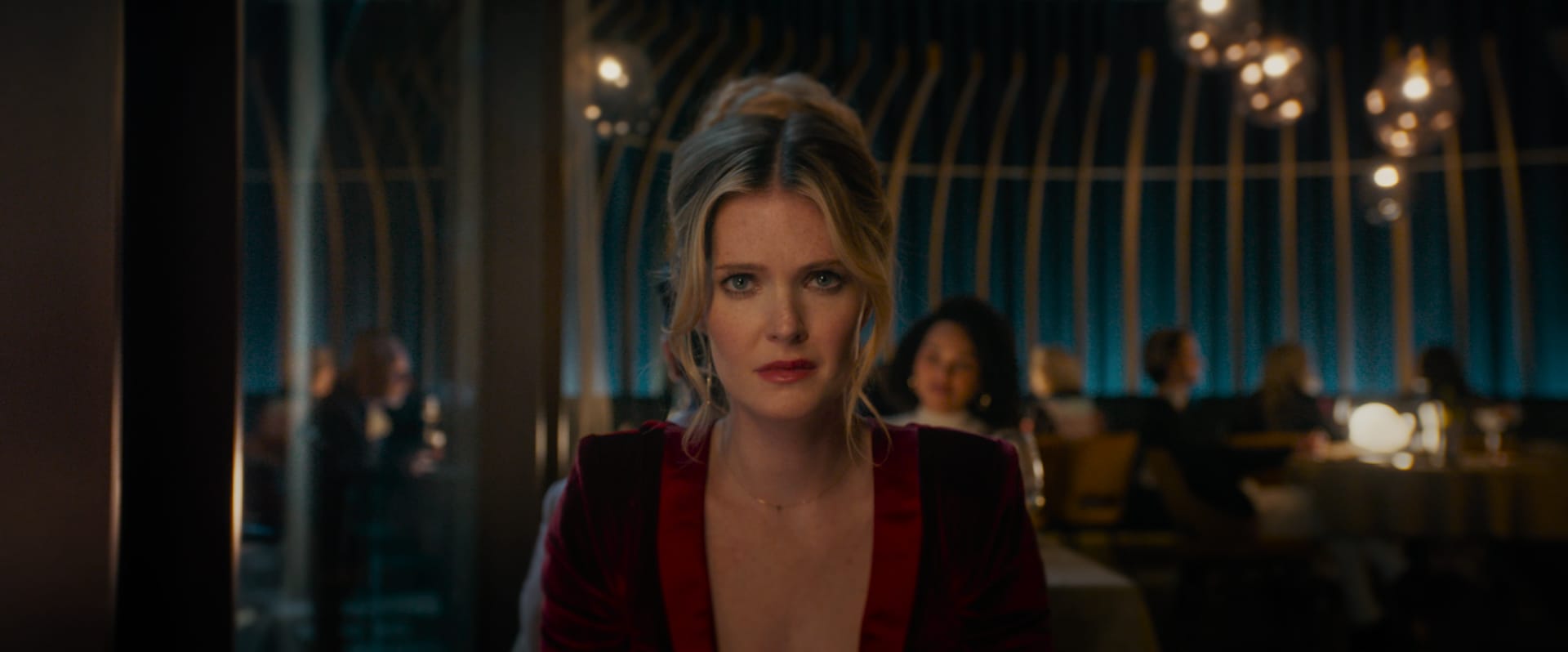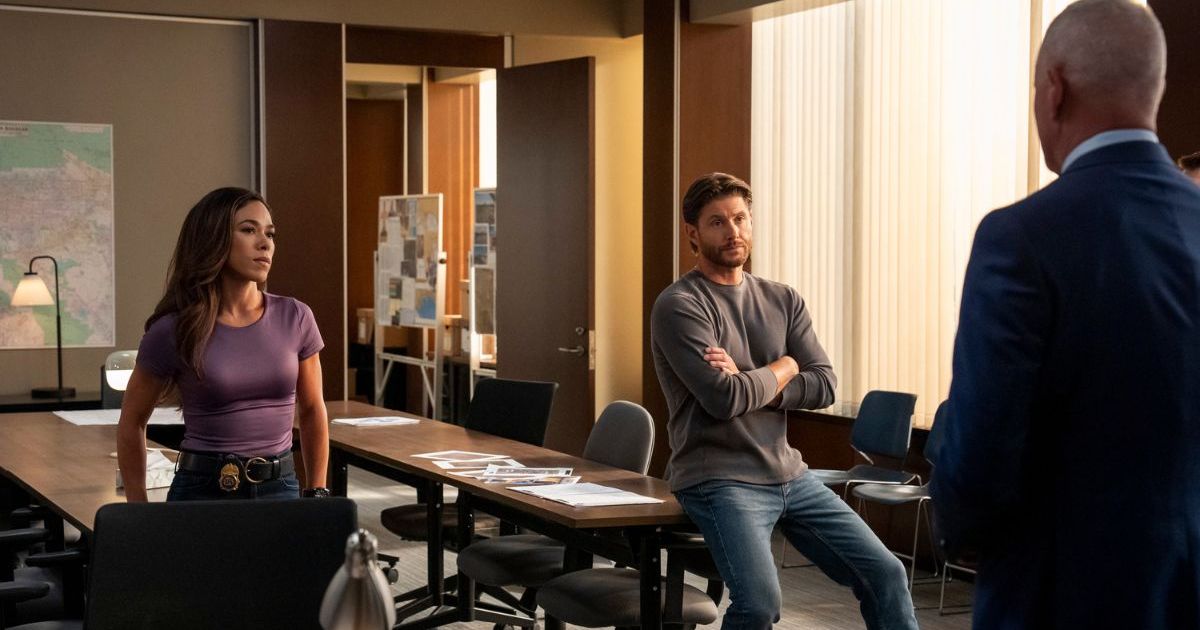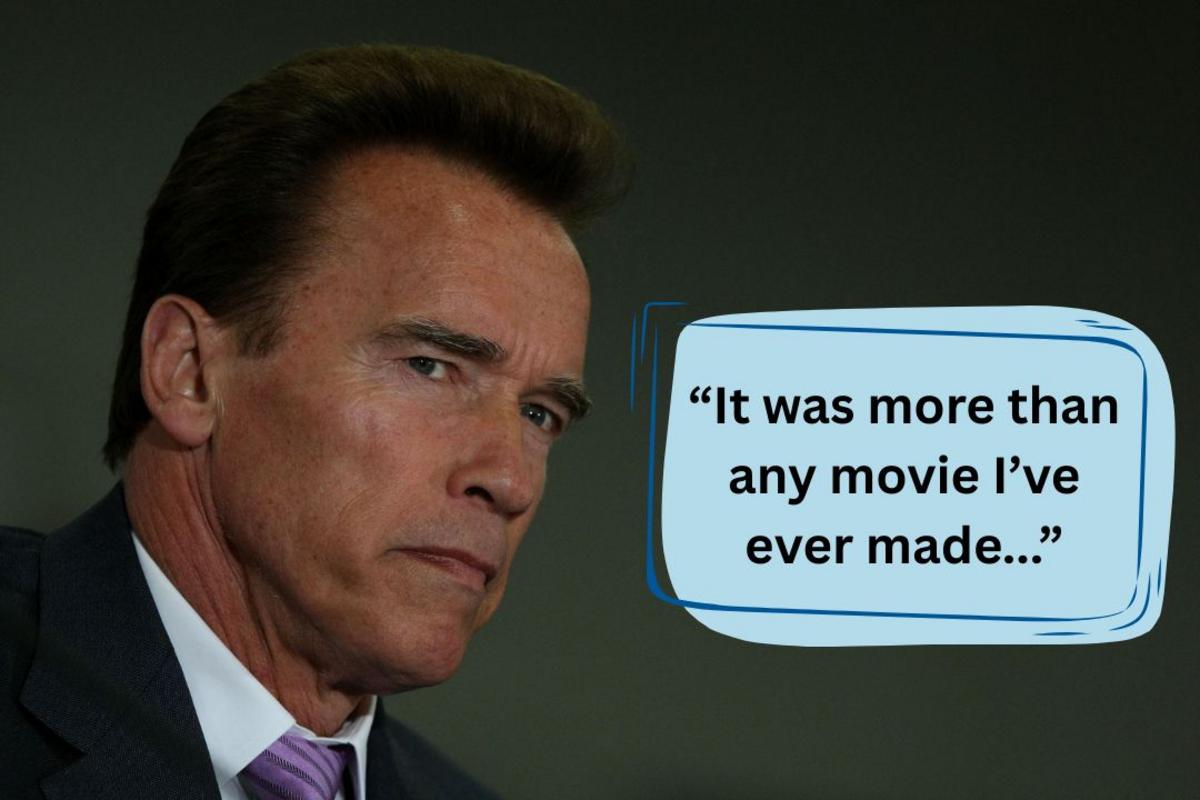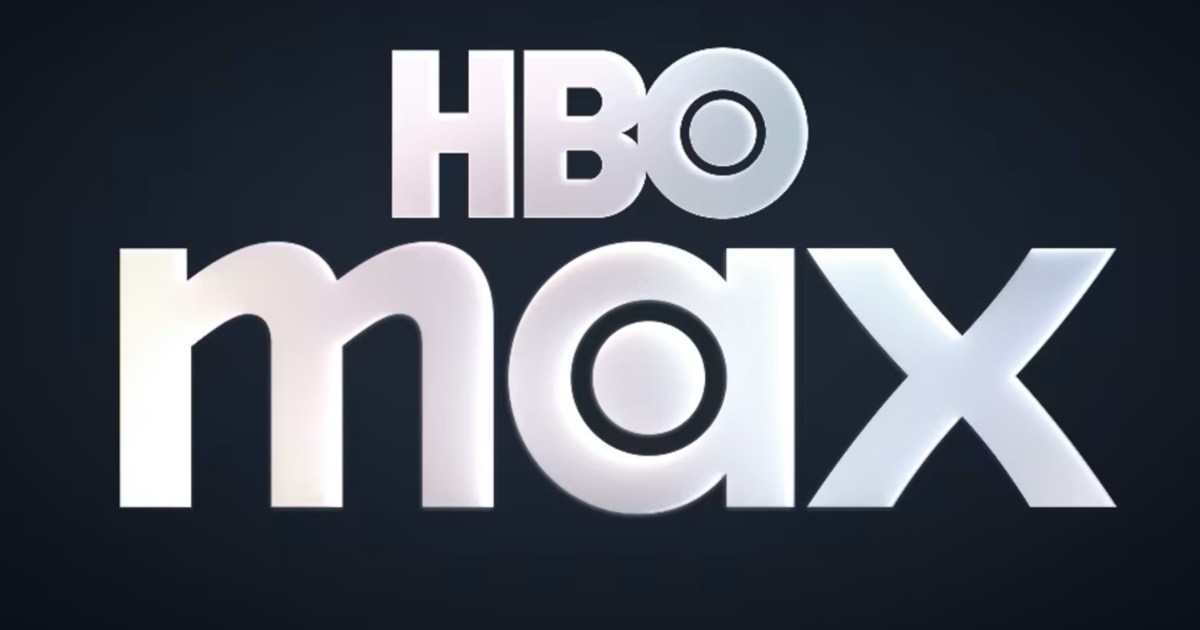You’ll be tempted to think a lot during Christopher Landon’s twisty, briskly paced thriller Drop, but you really shouldn’t. A resourceful thriller built around someone trying to decipher which restaurant patrons are responsible for threatening her family, Drop is one of those films where the viewer is tempted to follow along with the protagonist in their quest to find a killer and blackmailer hiding in plain sight. While it’s all in good fun and worth buying the ticket and taking the ride, just sit back and don’t try to think to hard about all of this works and any of the logic behind it. This isn’t that kind of movie. What it is, however, is a fun use of 100 minutes that hits just right in the moment. On the trip back from the theatre is where it will likely fall apart for everyone who has watched it.
Therapist, widow, and spousal abuse survivor Violet (Meghann Fahy) is gearing up to go out on her first date in a long time, leaving her precocious five year old son, Toby (Jacob Robinson), in the capable hands of her sister, Jen (Violett Beane). After several months of good natured flirting and chatting on a dating app, Violet has agree to meet kindly photographer Henry (Brandon Sklenar) at a posh restaurant overlooking the Chicago skyline (not really, though, as the majority of the film was shot in Ireland on a very well dressed sound stage).
Before her date starts, Violet – who won’t put her phone away because she’s nervous about leaving Toby alone for the night – starts receiving mysterious, puzzling airdrop messages. At first, they’re nothing more than vaguely threatening memes and petty harassment. But once the date gets underway, things take a dark turn. The mysterious texts and messages say that someone is in her home and is prepared to kill her son and sister if Violet doesn’t deliver a lethal dose of poison to Henry. With the mastermind less than fifty feet away with a cloned cell phone, listening devices planted around the restaurant, and an ability to tap into the security cameras at her home and in there current space, Violet is in a race against time to figure out how to save the lives of her date and family.
Drop is meant to be fun and not much of anything more, although it does a nice job of taking Violet’s past traumas seriously and respectfully. The script from Jillian Jacobs (fellow Blumhouse films Fantasy Island and Truth or Dare) and Chris Roach (Non-Stop) has a traditional three act structure, but the first of them might take a bit longer than necessary. We learn how and why Violet’s mysterious tormentor is able to stay a few steps ahead of the heroine at every turn in great detail, but the film’s entire plot is predicated on the secret villain already knowing in advance that she didn’t turn off her ability to receive unsolicited drops on her phone. (Or maybe not. It could be as simple as a character doing a bunch of things in a ludicrously short amount of time. Either way, this is the biggest thorn in the film’s paw.) The second act is all about fostering a genuine connection between Violet and Henry. The final one is escaping the restaurant and rescuing the family. No fuss, no muss, but the more details Drop metes out might make the viewer ask a lot more questions than Landon probably wants them to pose.
Those questions extend to wondering who the messenger could be, with Landon trotting out a list of unusual suspects straight out of the gate. Could it be the kindly bartender (Gabrielle Ryan)? The loutish piano player (Ed Weeks)? The dope who’s there on a blind date (Reed Diamond) that’s going poorly? The unusually gregarious and upbeat server (Jeffery Self) who’s on his first shift ever and dreams of being an improv comic? The strange man (Ben Pelletier) waiting for his sister to arrive from the airport, but who keeps staring at the table? Or maybe it’s someone Violet hasn’t considered. No, Landon wouldn’t introduce all these characters without purpose, because in spite of its plot holes and conveniences, Drop plays fair with the viewer, and it even finds clever and novel ways of ruling out suspects along the way, which is nifty touch that most detective movies forget to include en route to the grand reveal. Still, that reveal requires some healthy suspension of disbelief.

Not that Landon (who directed similarly logic averse high concept horrors Happy Death Day and Freaky) cares all that much. As a director, Landon looks like he’s having a blast getting his De Palma on (with a healthy nod to Wes Craven’s underrated/also implausible thriller Red Eye). As a stylistic exercise, Landon delivers his best outing behind the camera yet, which is fascinating for something that takes place in a single location for ninety percent of the film’s running time. The camera moves swiftly around the tightly packed room, zooming in from above, looking from below (the low angle shots of Violet looking up at her waiter are low key hilarious), and flowing through the space with ease. The little touches (like the bougie washroom and the ribcage mimicking corridor into the dining room that feel like entering the belly of a beast) are what matters here. Landon also does everything in his power to make the usually tedious image of people texting back and forth into a halfway compelling visual. It all comes together nicely, and Landon has put more thought into how the film should look than the sum of the plot’s parts.
And honestly, Drop is a case where that is absolutely the right call. Landon has a flair for allowing the viewer to giggle at dark situations, and he’s not afraid to get theatrical or unsubtle about it, like his use of some dramatic mood lighting swings throughout. He also finds ways to balance the dark humour with deeper character touches, with a heart to heart conversation between the stressed out lovebirds where all of the restaurant’s bustle and background noise pleasingly drifts away and the viewer locks into a tender moment that carries a great degree of poignancy for something that’s otherwise a silly movie.
There’s just enough on the page for the viewer to feel for Violet and Henry as human beings, and Fahy and Sklenar bring these characters home the rest of the way for Landon. Fahy commands the screen with her character’s quick thinking and resourcefulness as someone clearly drawing from their traumatic background to deal with a similarly triggering situation. Sklenar wisely makes the decision to play Henry as a genuinely nice person with good intentions instead of someone who might have a shadier moral background. That makes it easier for the stars to have some splendid chemistry, with Fahy and Sklenar playing off each other effortlessly. Landon also has a great eye for the character actors that make up the potential suspects, with Self in particular stealing almost every scene he pops up in. And although the really only factor into the beginning and ending, Beane and Robinson are wonderful as Violet’s family back home, with both displaying great comedic and dramatic timing when called upon.
Drop gives viewers a sufficient rush that will carry them nicely through the film’s running time, provided that they can lock themselves in with the characters. I always had the suspicion while watching Drop that something wasn’t adding up, but I was never irked by those thoughts. The characters, setting, style, wit, and suspense were carrying me through on a wave. When it ended, I knew I had liked what I saw, but on the way home, that’s when everything kind of came apart in my mind, and I laughed about how I couldn’t have been asking these questions during the movie. Ultimately, Drop was entertaining enough of an experience for me to shrug all of that off. I’ll probably see it again to confirm or refute some of my suspicions, but unlike a lot of films that raise questions in my mind, this is a positive. I would genuinely enjoy the chance to see Drop again, even if it doesn’t fully hold up.
Drop opens in theatres everywhere on Friday, April 11, 2025.




